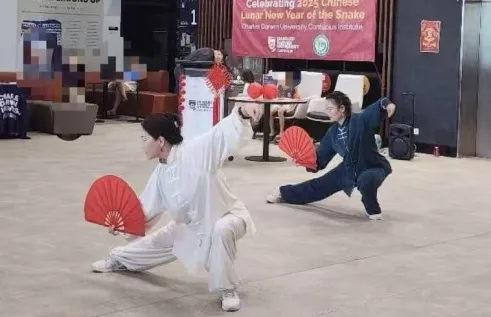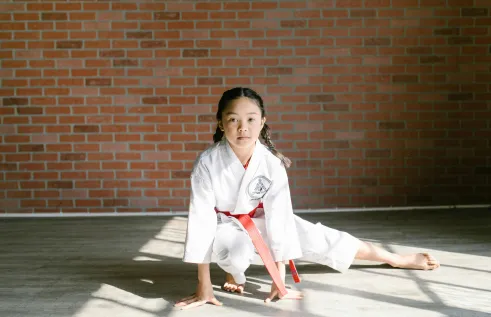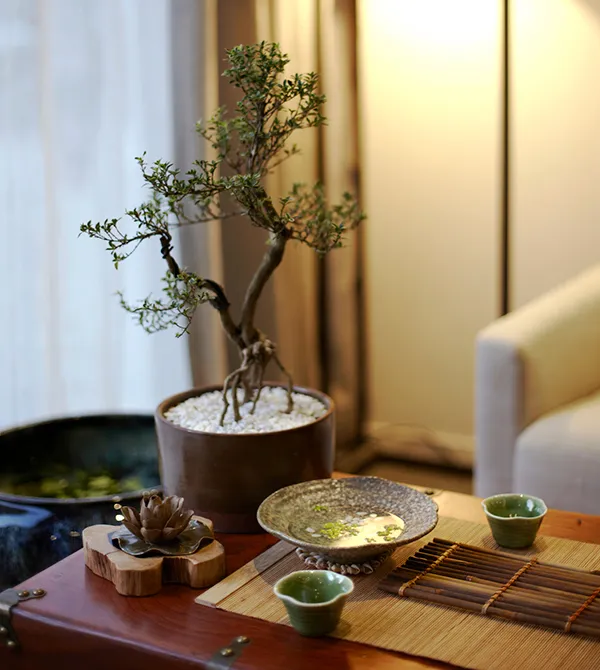CDU Event
Chinese Feng Shui online seminar
| Presenter | CDU Confucius Institute | |
|---|---|---|
| Date/Time |
to
|
|
| Contact person |
Ali Mubarik
|
|
| Location |
Online. Register below to attend. |
|
| Open to | Public | |
About the seminar
The online Feng shui seminar hosted by CDU Confucius Institute in November 2023 aroused a lot of interest. CDU CI is delighted to announce that the Feng shui seminar is back again! Professor Tao from East China Normal University is going to offer another online Feng shui presentation on 27 August.
Dr Tao is going to explain Feng shui theory and explore the Five Elements (Wood, Fire, Earth, Metal, and Water) of Chinese culture. Examples of the application of Feng shui theory in home design and decoration will be demonstrated during the seminar.
Don’t miss out on this opportunity to join us online and explore the mystery of Feng shui culture from China!
About the presenter, Dr Tao Jianmin
Dr Tao Jianmin is an assistant professor from the School of International Chinese Studies at East China Normal University (ECNU), supervisor in the master program in Applied Linguistics. He got his Doctorate Degree in Linguistics and Applied Linguistics from ECNU.
Dr Tao has studied and worked in some renowned universities in China, the USA, South Korea and Australia, having rich academic research and practical experience in Chinese language education and Chinese culture transmission both at home and abroad.
He has published over 20 academic papers and three books on language education and contrastive linguistics.
Should you have any questions, please do not hesitate to contact us at confuciusinstitute@cdu.edu.au.
Related Events

Tai Chi Kung Fu Fan
Join our Tai Chi Kung Fu Fan classes to learn a unique style of Tai Chi combined with other martial arts and dance movements! The classes run every Monday at 5.30 pm, from 26 January - 06 April.
Read more about Tai Chi Kung Fu Fan
Chinese kung fu classes for kids
Join our kung fu classes specialised for children. It’s more than just exercise—it’s a journey to a healthier, brighter, and more focused future for every child! The classes run every Monday at 5.30 pm, from 26 January - 30 March.
Read more about Chinese kung fu classes for kids
Health Qigong - Five Animal Exercise
The CDU Confucius Institute is offering Health Qigong - Five Animal Exercise workshops on the Casuarina campus every Tuesday from 5.00 pm - 6.30 pm, starting on 27 January to 31 March.
Read more about Health Qigong - Five Animal Exercise

